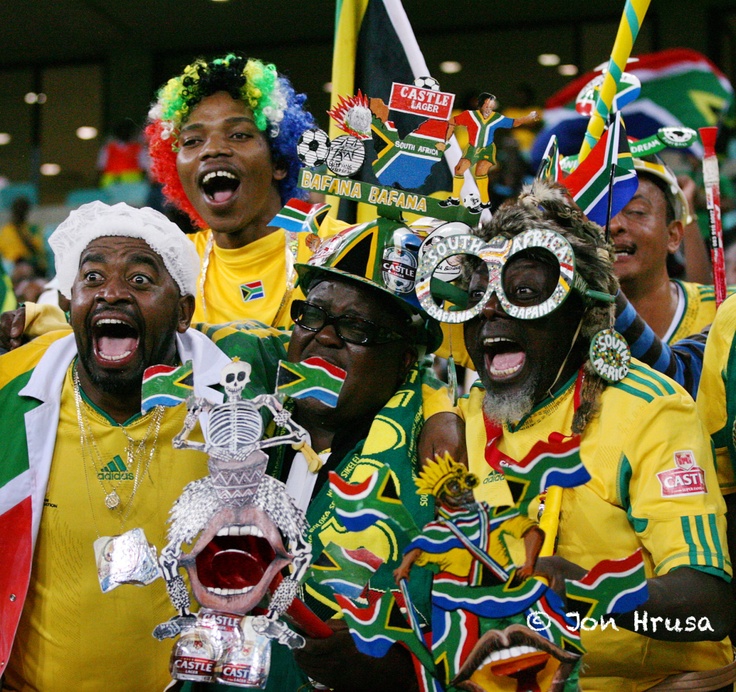
Article
September 30, 2025




Article
September 30, 2025

By Tomisin Farinola
Introduction
The principle of strict liability in football disciplinary proceedings has once again come to the fore with FIFA’s recent decision to deduct points from South Africa for fielding an ineligible player during their World Cup qualifier against Lesotho. While the result may appear harsh to some, the decision is consistent with FIFA’s longstanding approach of holding national associations accountable for regulatory breaches regardless of intent. This article critically examines FIFA’s strict liability doctrine, situates South Africa’s forfeiture within broader international sports law, and highlights its implications for African football governance.
Facts Leading to South Africa’s Forfeiture
On March 25, 2025, South Africa defeated Lesotho 2–0 in a FIFA World Cup qualifier. However, midfielder Teboho Mokoena, who had accumulated two yellow cards in earlier fixtures (against Benin and Zimbabwe), was suspended for that match under FIFA’s Disciplinary Code. Despite this, Mokoena played 82 minutes. FIFA subsequently awarded the match to Lesotho as a 3–0 victory, deducted three points from South Africa, and imposed a fine of CHF 10,000 on the South African Football Association (SAFA).This decision was announced by FIFA yesterday, September 29, 2025. [1]
This decision altered the Group C standings, with Benin overtaking South Africa on goal difference, and potentially affecting qualification for the 2026 World Cup.
The Legal Framework: FIFA’s Strict Liability Doctrine
Article 55 of the FIFA Disciplinary Code provides that if a team fields an ineligible player, the match is automatically forfeited as a 3–0 loss (unless the result was more disadvantageous).[2]The provision is grounded in the doctrine of strict liability, which ensures predictability and fairness by removing the need to prove intent.
The Court of Arbitration for Sport (CAS) has consistently upheld this principle. For example, in CAS 2005/A/916 & 917 – Maccabi Haifa v. UEFA, the panel affirmed that clubs bear absolute responsibility for ensuring compliance with player eligibility rules. Similarly, in CAS 2011/A/2425–Olympique des Alpes v. UEFA, CAS confirmed that strict liability applies irrespective of administrative mistakes or lack of bad faith. [5]
Policy Considerations and African Precedents
The South Africa case resonates strongly within Africa, where administrative lapses have frequently marred tournaments. For example:
These precedents reinforce the need for African football associations to develop robust compliance mechanisms. The costs of negligence are not only financial but also reputational and competitive.
Implications for Sports Law in Africa
Conclusion
South Africa’s forfeiture exemplifies FIFA’s unwavering application of strict liability, reaffirming the doctrine as central to international football governance. For African sports law, the case is a reminder that compliance failures whether through oversight or negligence carry significant consequences. If harnessed properly, this doctrine can serve as a catalyst for institutional reform across the continent, strengthening both legal frameworks and sporting integrity.
References/Footnotes

Article
April 15, 2025
UMG MAJORITY SHARE INVESTMENT STAKE IN MAVINS
In recent years, the global music industry has witnessed the meteoric rise of Afrobeat...

Article
April 15, 2025
CONSIDERING DEMOCRATIC PRINCIPLES. ZONING: A PANACEA FOR ETHNIC CRISIS IN NIGERIA.
If you take a walk down the memory lane of Nigerian history, from the pre-independence era to the po...

Article
April 15, 2025
AN INTERVIEW WITH DOYIN PHILIP-LADIPO
Lead Creative and Communication Strategist at Templars...